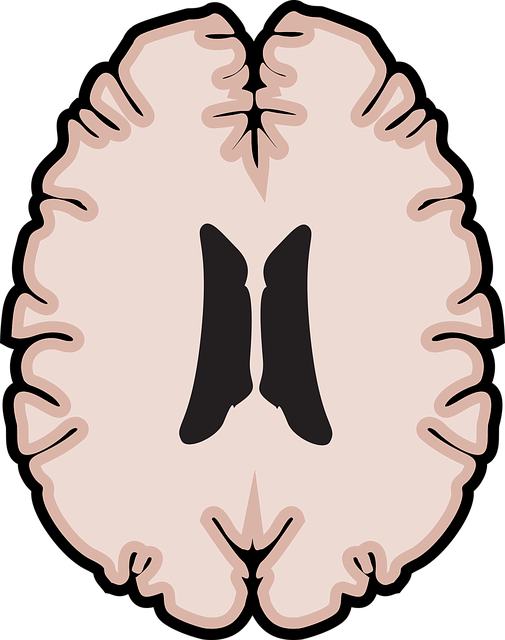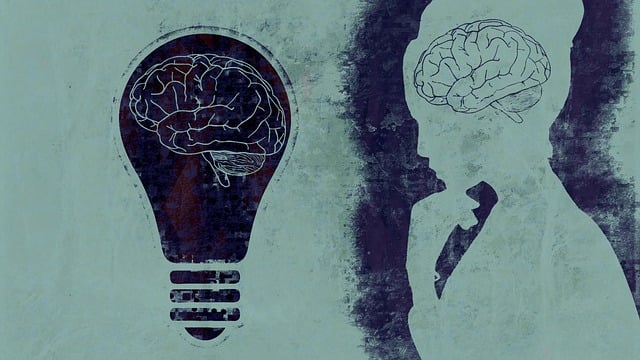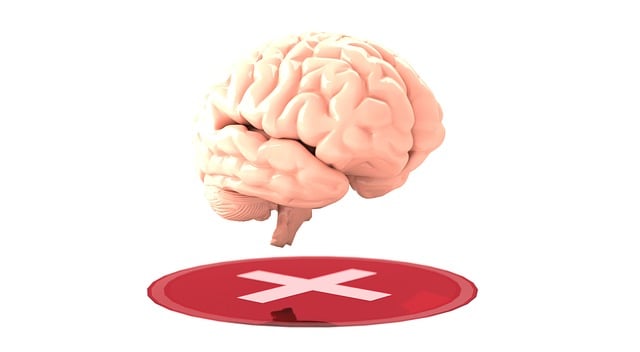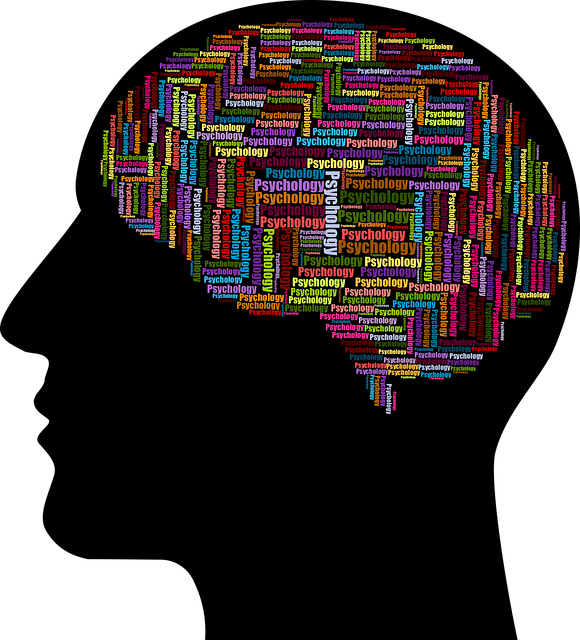Golden Gender Identity Therapy (GGIT) is a specialized approach to address stress in individuals navigating gender identity challenges, improving mental well-being. Stress management workshops incorporating GGIT techniques offer crisis guidance and emotional regulation skills through interactive sessions and exercises. These workshops create supportive communities by fostering open dialogue on diverse gender identities, with balanced educational content and practical activities like role-playing. A safe space is established through clear communication rules, diversity practices, and conflict resolution strategies, ensuring every participant feels validated. Measuring success through surveys and interviews, along with follow-up resources and peer mentoring, sustains the impact, fostering community and cultural competency for better patient outcomes.
Stress management workshops play a vital role in enhancing well-being. This article delves into the comprehensive process of organizing such sessions, focusing on key aspects like understanding stress and its impact, incorporating Golden Gender Identity Therapy (GGIT) techniques, crafting engaging content, fostering safe spaces for participants, and measuring success with effective follow-up strategies. By integrating GGIT principles, workshops become transformative experiences that equip individuals with tools to navigate life’s challenges resiliently.
- Understanding Stress and its Impact on Well-being
- The Role of Golden Gender Identity Therapy in Workshops
- Designing Effective Stress Management Workshop Content
- Creating a Safe and Inclusive Environment for Participants
- Measuring Success and Follow-up Strategies
Understanding Stress and its Impact on Well-being

Stress is an inevitable part of life, but its impact on our well-being can be profound, especially for individuals navigating complex challenges like those related to gender identity. The experience and expression of stress vary across genders, with the Golden Gender Identity Therapy (GGIT) approach recognizing these nuances. GGIT emphasizes that understanding and managing stress is crucial for fostering emotional resilience and overall mental health in this demographic.
Workshops focused on crisis intervention guidance can be a powerful tool to empower individuals struggling with gender identity-related stress. By teaching effective emotional regulation techniques, these sessions contribute to building resilience, enabling participants to confront and cope with stressful situations more adaptively. Through such initiatives, communities can create supportive environments, ensuring better mental well-being for all, particularly those who may be vulnerable due to their unique identities.
The Role of Golden Gender Identity Therapy in Workshops

Incorporating Golden Gender Identity Therapy (GGIT) into stress management workshops can significantly enhance their impact. GGIT offers a unique perspective on stress and mental wellness, addressing the intricate interplay between gender identity and psychological well-being. This therapy provides valuable tools for participants to explore and understand their personal experiences, fostering self-awareness and resilience. Through guided discussions and interactive exercises, attendees can delve into their emotions, beliefs, and behaviors related to gender, allowing them to develop effective coping strategies tailored to their individual needs.
The integration of GGIT promotes a more inclusive and nuanced approach to stress management. It encourages participants to reflect on societal norms and expectations that might contribute to burnout, especially for those belonging to diverse gender identities. By combining techniques from GGIT with traditional stress reduction practices, workshops can offer comprehensive guidance on mental wellness journaling exercises, helping individuals document their journeys and identify patterns. Additionally, a risk assessment for mental health professionals is essential to ensure they are equipped to handle the emotional demands of facilitating such sensitive topics, thereby preventing burnout.
Designing Effective Stress Management Workshop Content

Effective stress management workshop content is crucial to ensuring participants gain valuable tools for navigating life’s challenges. When designing workshops, it’s essential to incorporate a mix of educational and interactive sessions that cater to different learning styles. Starting with foundational knowledge about stress responses and their impact on mental and physical health sets the stage for understanding. Building upon this, tailored activities like self-awareness exercises specific to diverse gender identities can foster inclusive participation. For instance, Golden Gender Identity Therapy techniques offer unique insights into managing stress within marginalized communities.
Incorporating practical strategies is a game-changer in workshop design. Public awareness campaigns development can inspire participants to share their learnings beyond the session. Role-playing scenarios and group discussions facilitate open dialogue about stress triggers and coping mechanisms. By integrating these elements, workshops become engaging and impactful, empowering individuals to take charge of their mental well-being.
Creating a Safe and Inclusive Environment for Participants

Creating a safe and inclusive environment is paramount for successful stress management workshops. This begins with fostering an atmosphere where participants feel comfortable expressing their experiences and concerns openly. It’s crucial to establish ground rules that emphasize respect, empathy, and active listening from the outset. Incorporating diversity and inclusion practices, such as acknowledging and respecting different cultural backgrounds, beliefs, and gender identities (including those within the transgender and non-binary spectrum using Golden Gender Identity Therapy principles), ensures everyone feels seen and heard.
Effective stress management requires addressing potential conflicts that may arise among participants. Utilizing conflict resolution techniques allows for constructive dialogue rather than detrimental confrontations. Mental health professionals conducting these workshops should also undergo a thorough risk assessment to mitigate any potential harm and ensure they are equipped to handle various emotional responses, including those related to past traumas or mental health challenges.
Measuring Success and Follow-up Strategies

Measuring success and implementing effective follow-up strategies are pivotal to ensuring the longevity of stress management workshops. Organisers should employ qualitative and quantitative methods to gauge the impact of the programme on participants, such as pre- and post-workshop surveys, feedback forms, and individual interviews. By collecting this data, they can identify areas for improvement and tailor future sessions accordingly. For instance, if the workshops significantly reduce reported stress levels and improve overall well-being, as evidenced by survey results, it reinforces the effectiveness of the programme.
Follow-up strategies may include providing ongoing support through online resources, peer mentoring networks, or periodic check-ins with participants. These measures help sustain the momentum gained during the workshop and foster a sense of community among attendees. Moreover, sharing success stories and best practices among healthcare providers can enhance cultural competency training (including gender identity therapy principles), as evidenced by Burnout Prevention Strategies for Healthcare Providers, ultimately leading to improved patient care and professional resilience.
Stress management workshops, enriched with elements of Golden Gender Identity Therapy, offer a powerful tool for enhancing well-being. By designing inclusive content, fostering safe environments, and implementing effective follow-up strategies, these workshops can significantly improve participants’ stress levels and overall mental health. Incorporating these structured approaches ensures that individuals leave equipped with practical tools to navigate life’s challenges, ultimately fostering resilience and improved quality of life.
